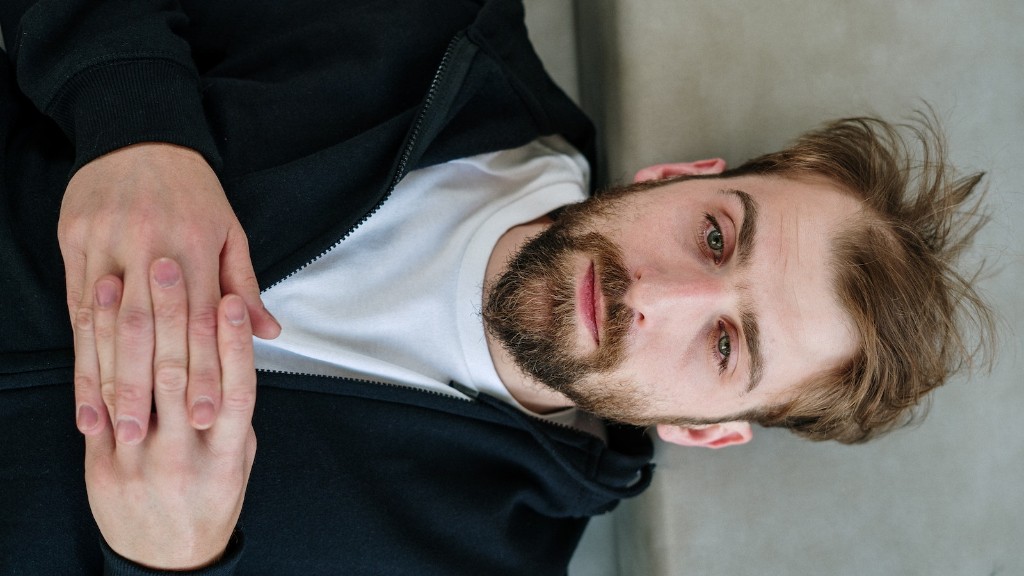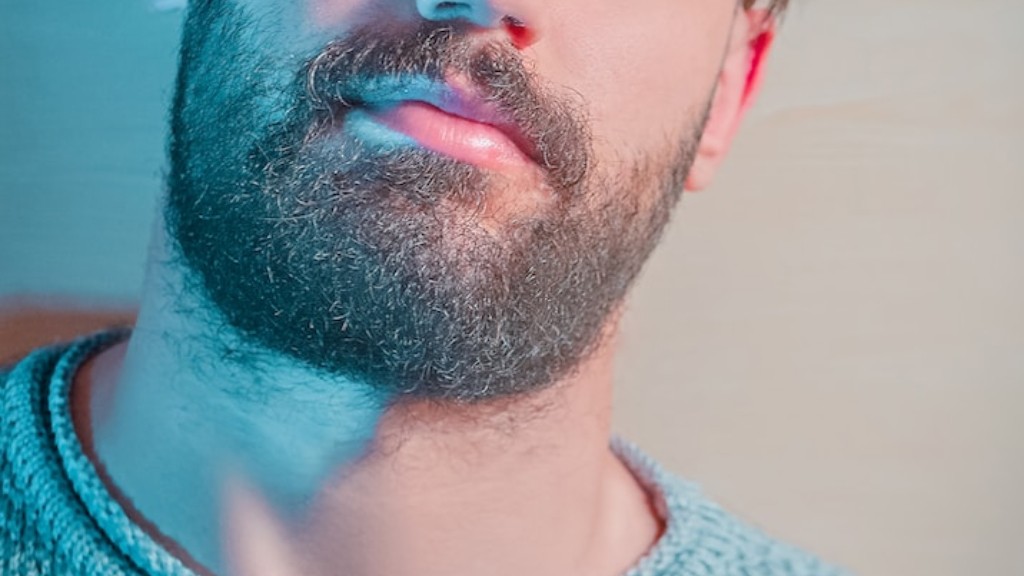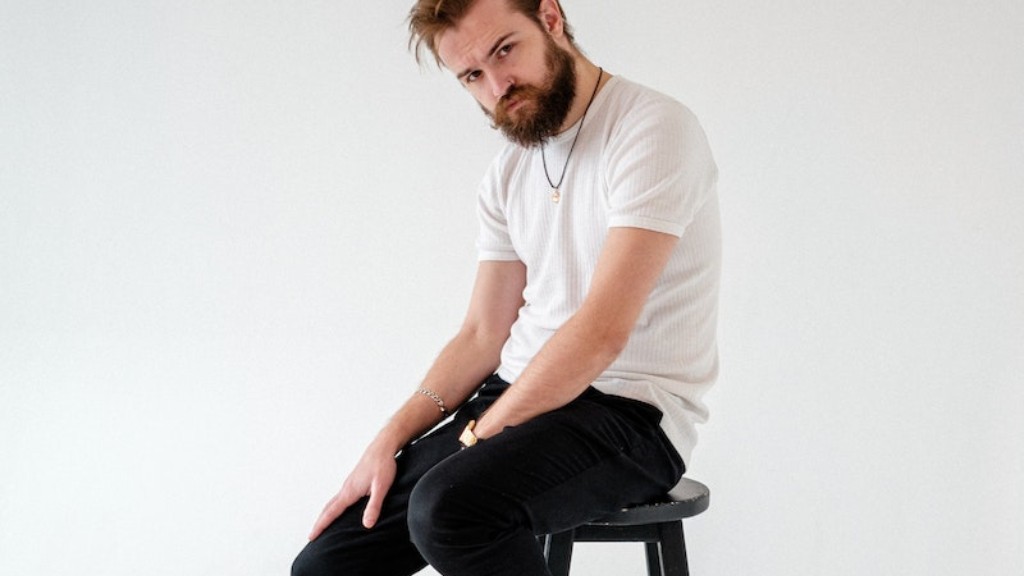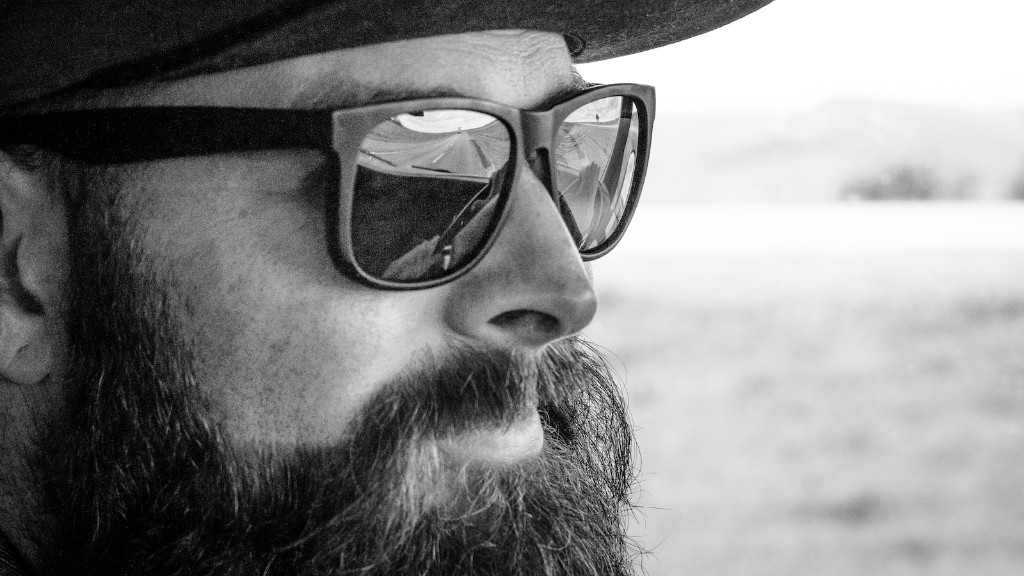There are many old wives tales about beards and hair loss, but is there any truth to them? Can growing a beard cause hair loss?
The answer is a little complicated. Technically, no, growing a beard cannot cause hair loss. However, if a person is already predisposed to hair loss, the added weight of the beard could accelerate the process.
Hair loss is typically caused by genetic factors, hormonal imbalances, or medical conditions. If you are concerned about hair loss, it is best to consult with a doctor or dermatologist to rule out any underlying health issues.
There is no solid evidence that growing a beard causes hair loss. However, some people may experience temporary shedding of the hair during the early stages of beard growth. This is due to the stress that the hair follicles endure during the growth process. Once the beard has fully grown, the shedding should stop.
What are the side effects of growing a beard?
A beard can be a great way to add style and personality to your look. But it’s important to be aware of the potential drawbacks of having a beard, which include acne, dandruff, ingrown hairs, skin irritation, staph infections, and lice. If you’re considering growing a beard, it’s important to do your research and be prepared to deal with these potential issues.
There are many benefits to growing a beard, one of which is that it can help keep your skin looking younger. The skin produces natural oils that keep it soft and younger-looking, but it’s all too easy to miss out on these benefits if you’re clean shaven. By growing a beard, you can keep your skin hydrated and reduce the appearance of wrinkles.
What are the cons of beard
There are both positive and negative aspects to having a beard. On the positive side, beards can help protect against sun damage and can keep your face warm in cold weather. They can also make you look more masculine and rugged. On the downside, beards can be difficult to keep clean and can irritate your skin. They can also trap food and bacteria, which can lead to acne.
The study found that there was no correlation between testosterone levels and beard length. This means that the hypothesis that beards are honest signals of the beard owners’ testosterone levels and dominance is not supported by the data.
What ethnicity grows the best beard?
There are a few reasons why people from Mediterranean countries tend to be able to grow thick beards compared to people from other regions. One reason is that they have higher levels of testosterone, which is responsible for beard growth. Another reason is that they have a higher density of facial hair follicles, which also contributes to thicker beards. Finally, they tend to have oilier skin, which helps to keep the hair moisturized and prevent it from drying out and breaking.
Beards can protect your face against the elements, such as keeping your face warm from the wind and cold weather,” says Dr Mona Mofid, a board-certified dermatologist affiliated with Sharp Grossmont Hospital “Depending on the thickness, it can also shield your face from the sun’s harmful UV rays.
Beards can offer some protection from the sun’s harmful ultraviolet (UV) rays, but not as much as sunscreen. A sunscreen with an SPF of 30 or higher should be used.
What are the advantages of having a beard?
Beards are making a comeback and there are a few reasons why. First, they offer protection against the elements, especially wind and chafing. Second, they can look really good! And finally, they are trending. More and more men are sporting some form of facial hair these days. So if you’re thinking about growing a beard, go for it!
A beard could become problematic because it can trap bacteria and viruses. These can then be passed from person to person, leading to infections.
Why you shouldn’t touch your beard
If you want to keep your facial hair looking its best, it’s important to avoid stroking it too often. While a little light stroking won’t typically cause much damage, if you do it very often, especially in one area, you may start to pull out hairs. This can lead to bald patches on your face, and ruin all the hard work you’ve put into growing and maintaining your facial hair.
There is a mixed link between attractiveness and beardiness. In general, women rated beards higher for attractiveness compared with clean-shaven faces. However, this was only the case for potential long-term relationships and not for short-term ones.
What races don’t grow facial hair?
There are a few things that can affect the growth pattern of your facial hair, one of which is your ethnicity. A study on The male beard hair and facial skin – challenges for shaving reveal that Chinese, Mexican, and Native American men tend to have less facial hair than Caucasian men. So if you’re looking to grow a thick and lustrous beard, you might have a better chance if you’re of Caucasian descent.
Most men will have a full beard by their early 20s, but some may need to wait until they hit 30 to reach full beard growth. Puberty might initiate the facial hair growing process, but how fast and thick your beard grows will depend on factors that we’ll discuss below, including genetics and hormone levels.
Does patchy beard mean low testosterone
It’s important to note that patchy beards are not usually the result of low testosterone levels. Rather, it mostly comes down to how sensitive your hair follicles are to dihydrotestosterone (DHT), a male sex hormone produced by testosterone. So, if you’re noticing patches in your beard, it’s not necessarily a sign of a hormone deficiency. Instead, it could just mean that your follicles are more sensitive to DHT than others.
A beard is not essential to most religions, but some do consider it to be part of their observance. In Islam, for example, some sects require men to grow a beard as a sign of their faith. Similarly, in Sikhism, a beard is seen as a sign of piety and is therefore mandatory for those who wish to practice the religion.
Are beard genes from mom or dad?
It’s a fairly common misconception that a man’s beard is inherited directly from his father. The truth is that beards are just like most other genetically derived features: they can come from either side of the family. While it’s more likely that a man will inherit his beard from his father, it’s not a guarantee. So, if you’re looking to grow a beard, don’t be discouraged if your father is clean-shaven. You may still be able to grow a lustrous, manly beard!
There have been studies that show that the levels of DHT and testosterone affect the growth of facial hair. It is believed that Asian men have lower levels of testosterone, which can make them feel less masculine.
Final Words
There is no definitive answer to this question as everyone’s hair and body reacts differently to changes. Some men may find that growing a beard causes their hair to thin out or fall out more readily, while others may not experience any change at all. If you are concerned about losing hair after growing a beard, speak to your doctor or a hair specialist to get their professional opinion.
While there is no scientific evidence to support the claim that growing a beard can cause hair loss, it is possible that the increased stress on the hair follicles could lead to some hair loss. It is also possible that if you are predisposed to hair loss, the increased testosterone levels associated with beard growth could speed up the process. If you are concerned about hair loss, you should talk to your doctor.





